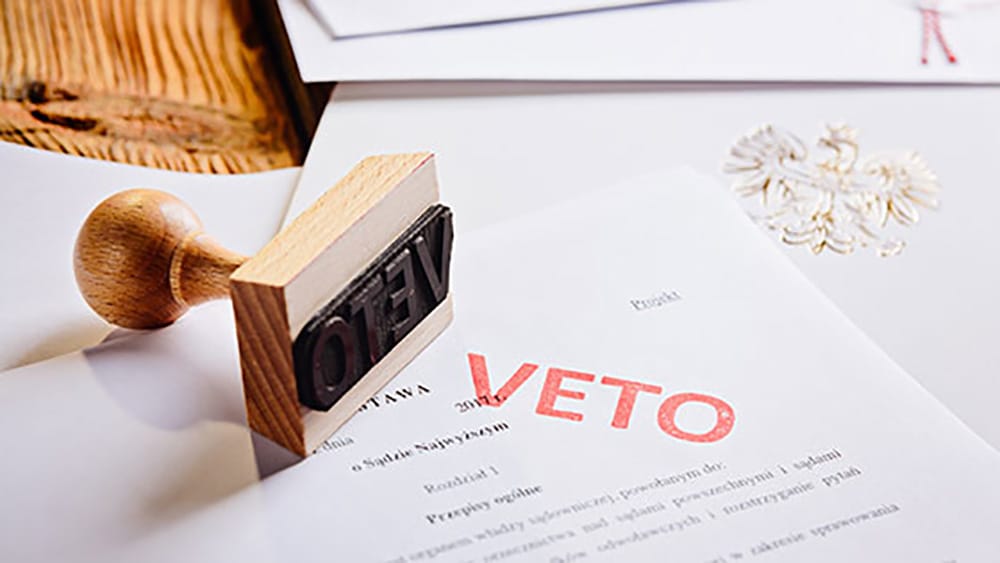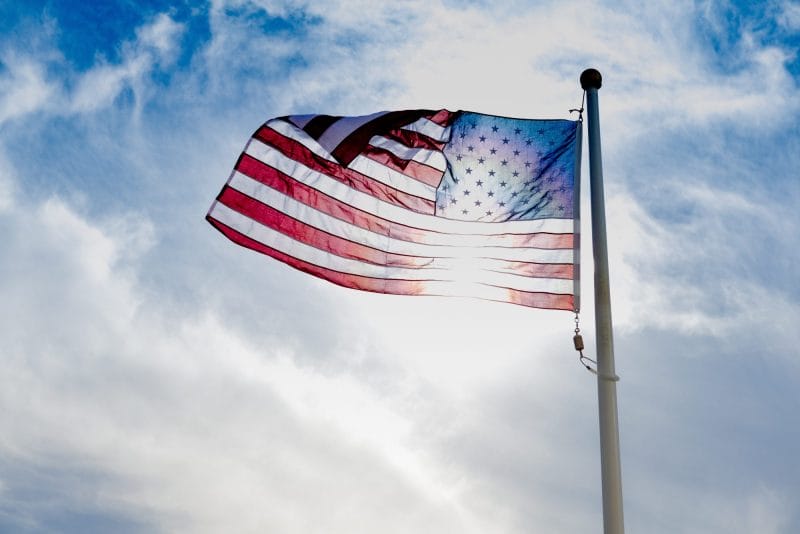By Ray Stern | Arizona Republic
Gov. Doug Ducey on Friday vetoed a bill — his first of the year — that would have increased cancellations of voter registrations because he was concerned it was “vulnerable to bad actors.”
In a lengthy veto letter, Ducey outlined several provisions in House Bill 2617 that he asked the Legislature to bring back in a new bill this session.
The Republican governor, who leaves office in January, has signed 25 election- or voting-related bills since last year, maintaining a balancing act in which he opposes measures based on Trump-inspired allegations of massive voter fraud in 2020 while trying to appease Republicans across the state who want changes to the election system.
He began his letter with a nod to the idea that voting should be easy to do but made “difficult for anyone to cheat.”
Still, after he was criticized in March for signing House Bill 2492 — which requires all Arizonans to prove their citizenship if they want to vote in a statewide race or presidential election, a condition which some say is unconstitutional — his veto shows that Ducey is willing to push back, at least a little, on election bills he doesn’t like.
House Bill 2617, sponsored by Rep. Joseph Chaplik, R-Scottsdale, and co-sponsored by 26 other Republican lawmakers, passed the House and Senate along party lines. It would have required county recorders to cancel a person’s voter registration if they receive information that the person isn’t a U.S. citizen, moved out of the county or for any other reason isn’t qualified to vote in Arizona.
Government agencies and courts would have had to turn over driver’s license and address changes to each of Arizona’s 15 county recorder’s office and also check registration rolls against various databases every month.
Allowing county recorders to use such information to determine voting eligibility is a “vague” standard without clear guidance on how the agency would confirm the information, Ducey said in the letter.
“Our lawfully registered voters deserve to know that their right to vote will not be disturbed without sufficient due process,” Ducey said. “This provision leaves our election system vulnerable to bad actors who could seek to falsely allege a voter is not a qualified elector.”





